Best alternatives to the Raspberry Pi mini-PC
The best single-board computers for makers and hobbyists

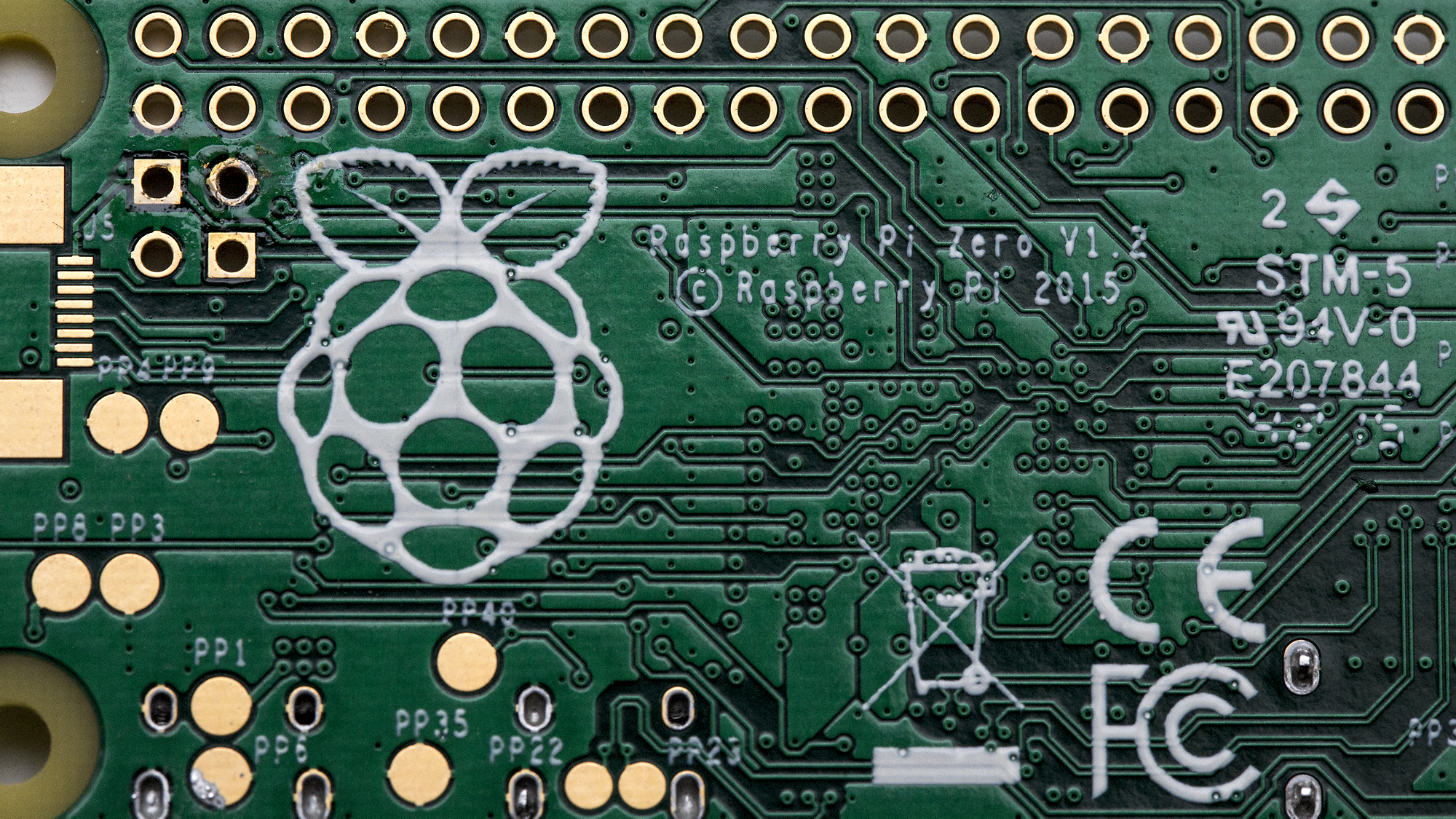
The Raspberry Pi has accomplished a huge amount in the years since it was first released. The humble single-board microcomputer has ignited a thriving community of makers, hobbyists and tinkerers, as well as becoming an essential part of many companies' IoT deployments.
However, as impressive as the Raspberry Pi family is, there are more devices outside of the Raspberry Pi 3 and Zero that offer users a small form-factor machine to test code on, create projects with or even just use as a mini desktop PC. Below we've listed some of the most attractive Pi-type devices.
Most of these are slightly different from the Pi; some are more expensive and more powerful, some are more programmable with a larger number of GPIO pins, and some are smaller and more portable. All of them, however, are well worth checking out if you're after a device which offers a slightly different set of capabilities to the Raspberry Pi.
UP2 Squared
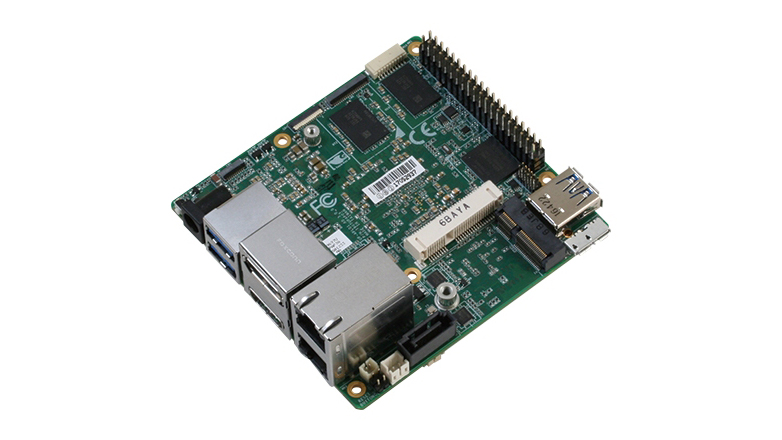
Blurring the line between hobby boards and regular micro-PCs, the UP2 Squared is an absolute monster compared to the Raspberry Pi. It's available in a range of specs, up to an Intel Pentium N4200 quad-core 2.5GHz processor and 8GB of RAM - that's close to what you'd find in a budget laptop.
That makes it substantially more expensive than the rest of the entries on this list - $339 (257) before tax, to be precise - but one major advantage it has over the competition is that because it uses an Intel processor, it's technically capable of running full-fat Windows 10.
| Processor | Intel Pentium N4200 2.5GHz |
| RAM | 8GB LPDDR4 |
| Ports | 3x USB 3.0, 1x HDMI, 1x DisplayPort, 1x SATA |
| Connectivity | 2x Ethernet |
| Dimensions | 86 x 90mm |
Price: $339
Huawei HiKey 960
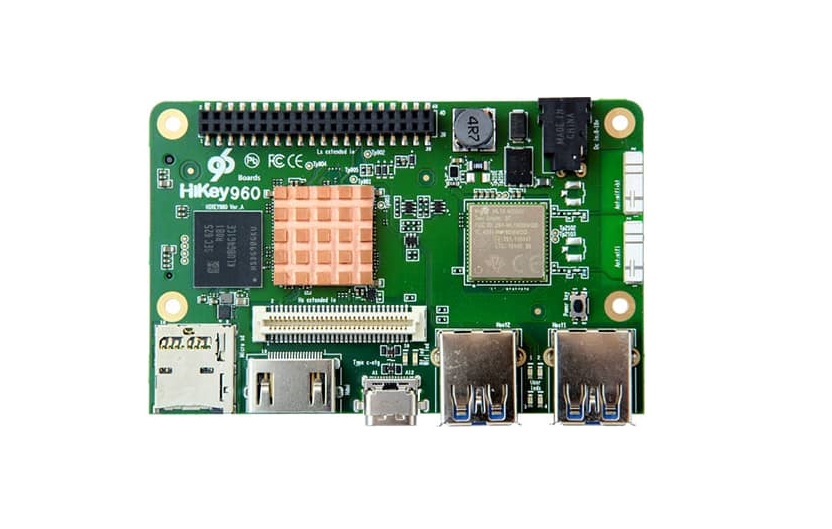
Huawei's HiKey 960 board microcomputer is a more premium version of the open-source favourite, running on Android or Linux. Hardware-wise, it packs in the same chip as the Huawei Mate 9, one if Huawei's best-performing smartphones.
There's only 3GB RAM onboard, although Kirin's GPU adds some oomph, supposedly offering enough throughout to power a 4K screen. Other hardware features include 40-pin and 60-pin connectors for attaching hardware like cameras. All of this power adds to the price - $239 (172) to be exact - making it a much more expensive option compared to a Raspberry Pi board.
| Processor | Huawei Kirin 960 2.36GHz |
| RAM | 3GB LPDDR4 SDRAM |
| Ports | 2x USB 3.0, 1x USB-C 2.0, 1x HDMI |
| Connectivity | Dual-band Wi-Fi, Bluetooth 4.1 |
| Dimensions | 85 x 55mm |
Price: 172
ODROID-XU4
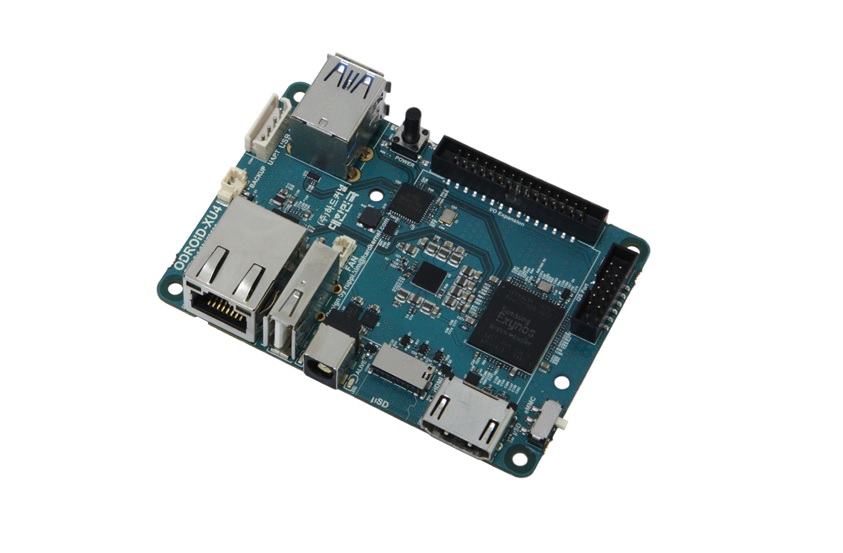
The Odroid-XU4 is, in many ways, a bigger and more impressive version of the Raspberry Pi, thanks largely to its beefy, Samsung-made Octa-core CPU and 2GB RAM allocation. This puts the Pi's hardware somewhat in the shade, so if you're looking for a pint-sized desktop PC, this should do the job.
On top of that, it's also got Gigabit ethernet connectivity - although there's no inbuilt wireless capabilities. Offering open source support, the board can also run many different versions of Linux, including the latest Ubuntu 16.04 and Android 4.4 KitKat, 5.0 Lollipop and 7.1 Nougat.
| Processor | Samsung Exynos 5422 2.1GHz |
| RAM | 2GB LPDDR3 |
| Ports | 2x USB 3.0, 1x USB 2.0, 1x, HDMI |
| Connectivity | Ethernet |
| Dimensions | 83 x 58mm |
Price: 42
Arduino Uno
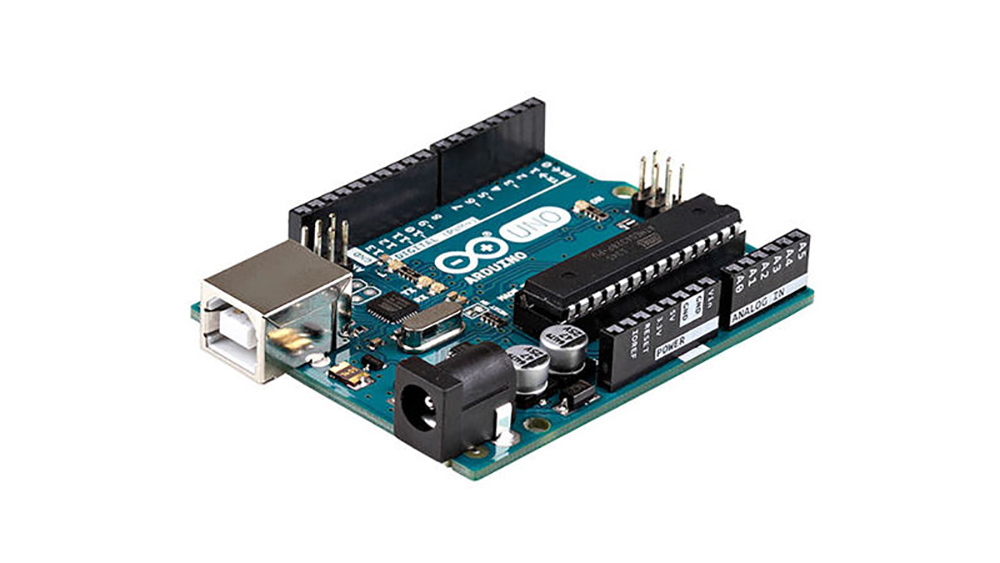
Arduino is responsible for a whole range of boards across various different specifications and use-cases, but the most popular and versatile is the Arduino Uno, now ironically on its third revision. It's less of a self-contained computer than the Raspberry Pi though - for example, there's no external video output and just one USB Type B port.
What it loses in self-sufficiency, however, it more than makes up for in versatility. The Uno is an excellent hobbyist board, and its large number of programmable pins makes it well-suited to inclusion in IoT and robotics projects.
| Processor | ATmega328P 16MHz |
| RAM | 2KB SRAM |
| Ports | USB Type-B |
| Connectivity | N/A |
| Dimensions | 69 x 53mm |
Price: 20
BeagleBone Black
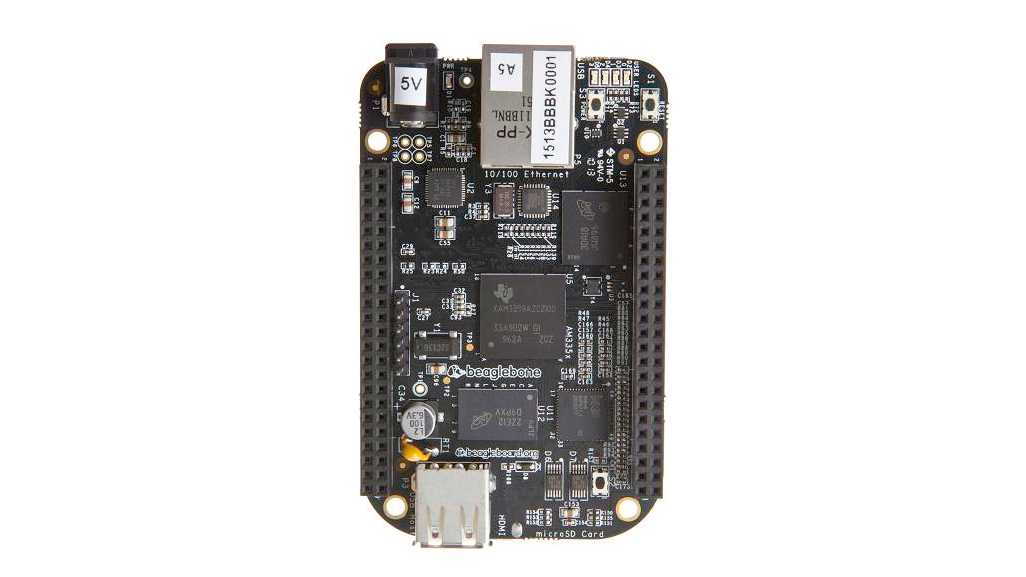
Coming from a long line of single-board computers designed for more advanced hobby computing fans, the BeagleBone Black is the company's more entry-level offering, priced at just under $50.
It's very similar in terms of specs to the Raspberry Pi, with a 1GHz ARM CPU, 512MB of memory and various input ports. It's also got both analog and digital I/O pins, meaning it can support additional add-on boards.
| Processor | AM335x ARM Cortex-A8 1GHz |
| RAM | 512MB DDR3 |
| Ports | 1x USB 2.0, 1x HDMI |
| Connectivity | Ethernet |
| Dimensions | 86 x 53mm |
Price: 40
Asus Tinker Board
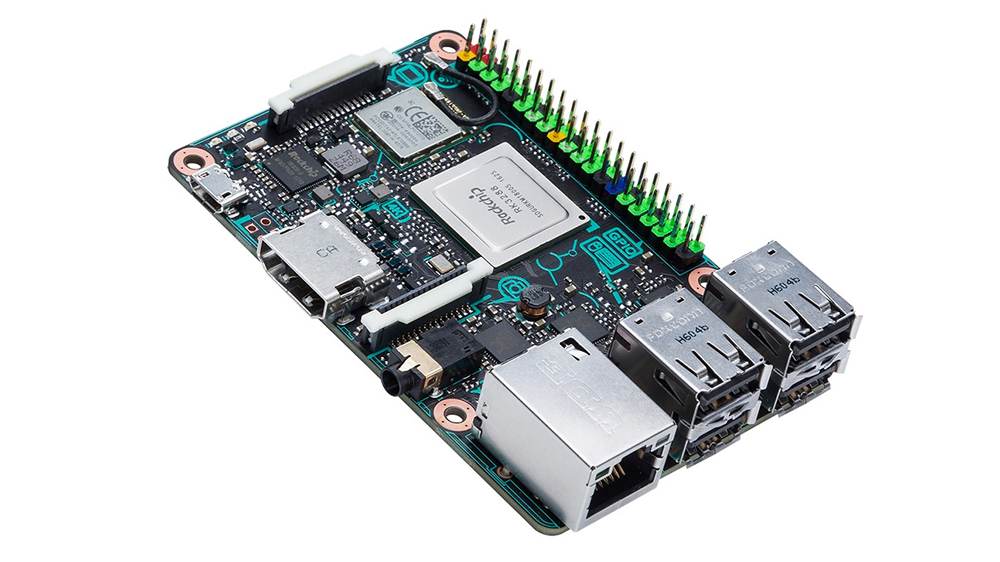
A Raspberry Pi clone in the truest sense of the word, the Asus Tinker Board looks near-identical to the Pi, right down to the placement of its various ports. That's not a criticism, however, and the Tinker Board has much to recommend it.
It's considerably faster than the Raspberry Pi 3, for a start, and also supports resolutions of up to 4K. It's almost 20 more expensive than the Raspberry Pi 3, admittedly, but it's one of the faster single-board computers on the market today.
| Processor | Rockchip RK3288 1.8GHz |
| RAM | 2GB DDR3 |
| Ports | 4x USB 2.0, 1x HDMI |
| Connectivity | 802.11n Wi-Fi, Bluetooth 4.0, Ethernet |
| Dimensions | 85 x 54mm |
Price: 60
Imagination Creator Ci20
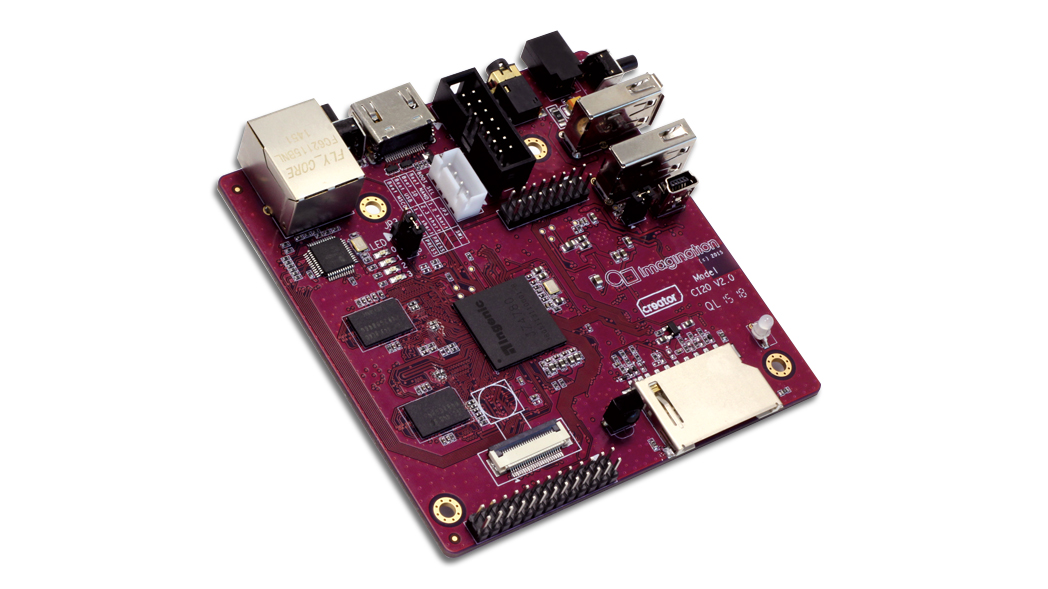
Built by British company Imagination Technologies, the Creator Ci20 is a single-board computer that's as suited to IoT applications as it is to use as a desktop machine. The 8GB of onboard flash storage comes preloaded with Debian Linux, although it supports Android as well.
Featuring built-in Wi-Fi and Bluetooth connectivity, the Ci20 is flexible and versatile, featuring a powerful 1.2GHz processor - but it's the Android support that makes this a really tempting proposition.
| Processor | Ingenic JZ4780 1.2GHz |
| RAM | 1GB DDR3 SDRAM |
| Ports | 2x USB , 1x HDMI |
| Connectivity | 802.11n Wi-Fi, Bluetooth 4.0, Ethernet |
| Dimensions | 100 x 92mm |
Price: 62
BBC micro:bit
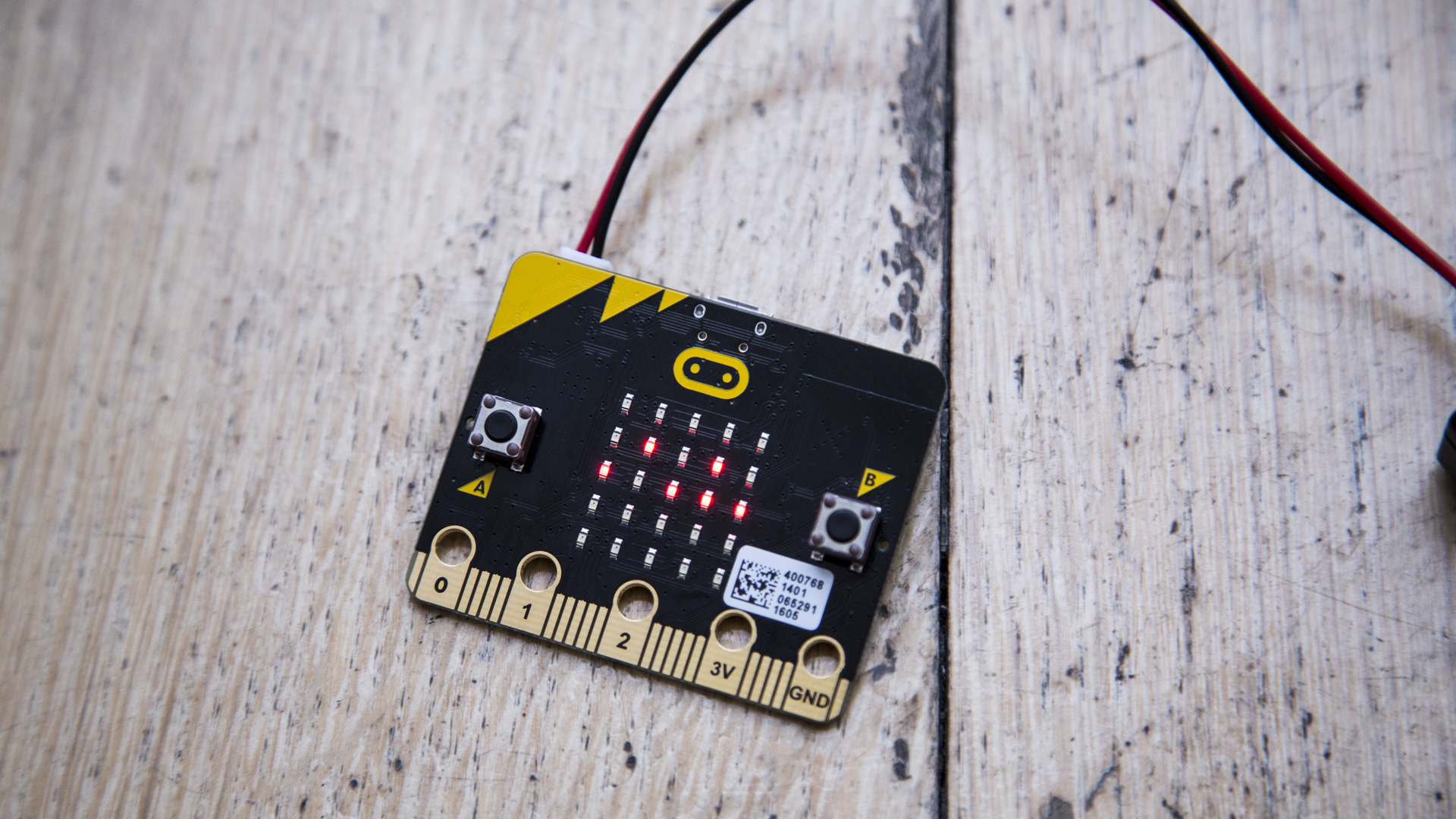
First released way back in 1981, the BBC Micro is credited by many with kick-starting the first home programming revolution. Now, the venerable machine has got a second lease of life, in the form of the BBC micro:bit.
Carrying on the original Micro's mission of getting kids into computing, this 13 computer features 25 individually programmable LEDs, two physical buttons and even an accelerometer. It's not as powerful or as versatile as the Raspberry Pi, but as a low-cost education device, the micro:bit is a worthy successor to the granddaddy of home computing.
| Processor | Arm Cortex M0 16MHz |
| RAM | 12KB SRAM |
| Ports | N/A |
| Connectivity | Bluetooth Low-Energy |
| Dimensions | 43 x 52mm |
Price: 13.50
C.H.I.P.
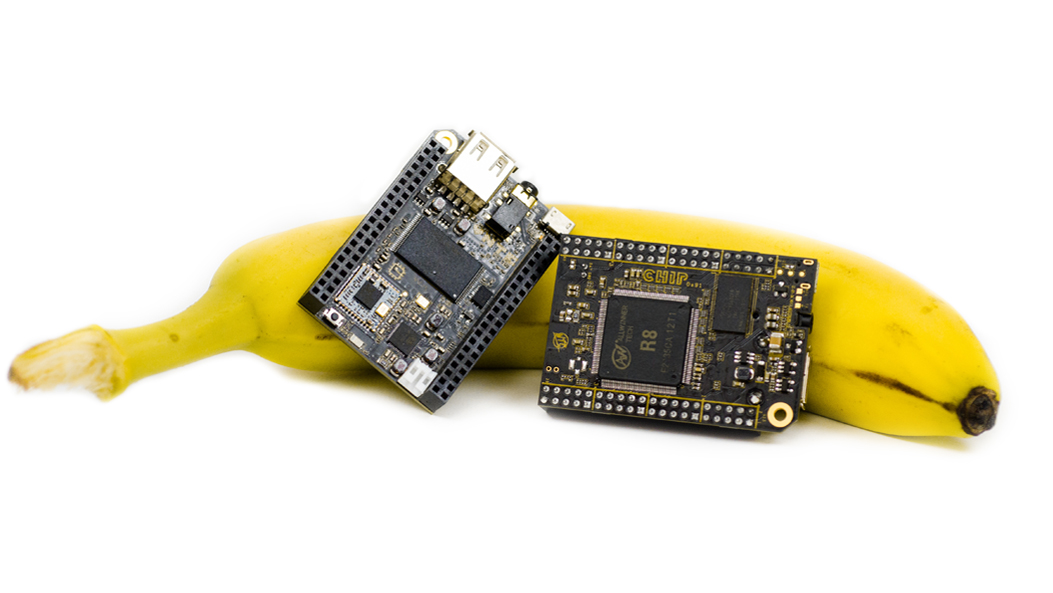
If you thought the Raspberry Pi was cheap, prepare to meet a computer even more affordable. Available for just $9, C.H.I.P has a lot in common with the itsy-bitsy Raspberry Pi Zero, including its minuscule size.
C.H.I.P. comes with Wi-Fi, Bluetooth and 4GB of inbuilt storage, as well as a 1GHz CPU and 512MB of RAM. The company has also released a portable 'pocket' version, featuring a screen and keyboard controlled with a removable C.H.I.P.
| Processor | ARM R8 1GHz |
| RAM | 512MB DDR3 SDRAM |
| Ports | 1x USB, 1x composite |
| Connectivity | 802.11n Wi-Fi, Bluetooth 4.0 |
| Dimensions | 60 x 40mm |
Price: $9
Sign up today and you will receive a free copy of our Future Focus 2025 report - the leading guidance on AI, cybersecurity and other IT challenges as per 700+ senior executives
Adam Shepherd has been a technology journalist since 2015, covering everything from cloud storage and security, to smartphones and servers. Over the course of his career, he’s seen the spread of 5G, the growing ubiquity of wireless devices, and the start of the connected revolution. He’s also been to more trade shows and technology conferences than he cares to count.
Adam is an avid follower of the latest hardware innovations, and he is never happier than when tinkering with complex network configurations, or exploring a new Linux distro. He was also previously a co-host on the ITPro Podcast, where he was often found ranting about his love of strange gadgets, his disdain for Windows Mobile, and everything in between.
You can find Adam tweeting about enterprise technology (or more often bad jokes) @AdamShepherUK.
-
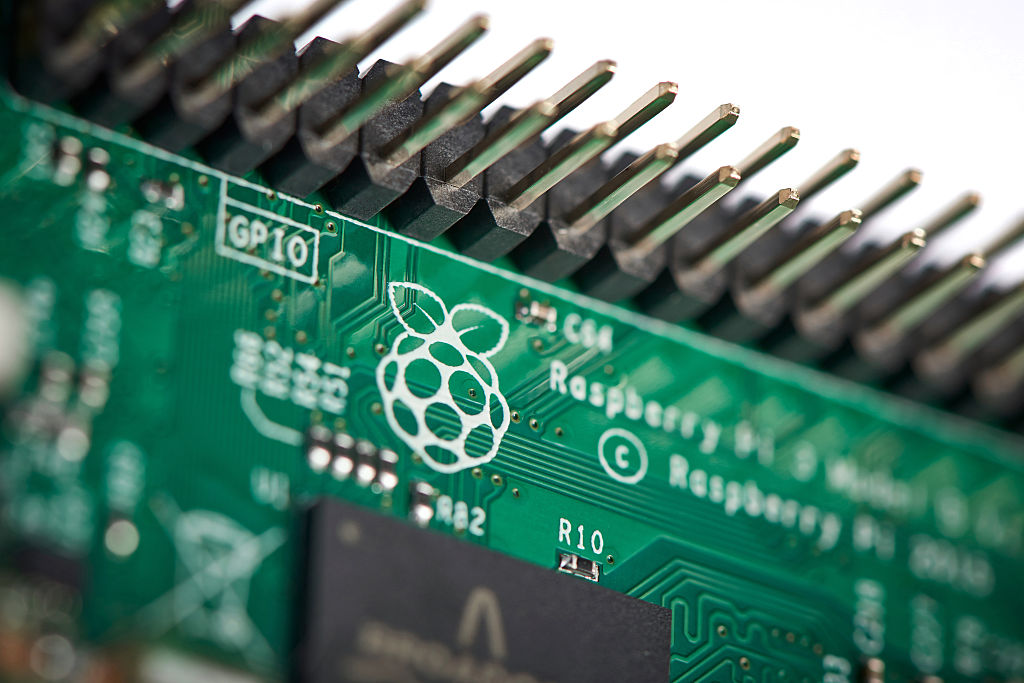 Arm acquires stake in Raspberry Pi in bid to drive IoT development
Arm acquires stake in Raspberry Pi in bid to drive IoT developmentNews The deal confirms a long-standing Raspberry Pi commitment to Arm chips
-
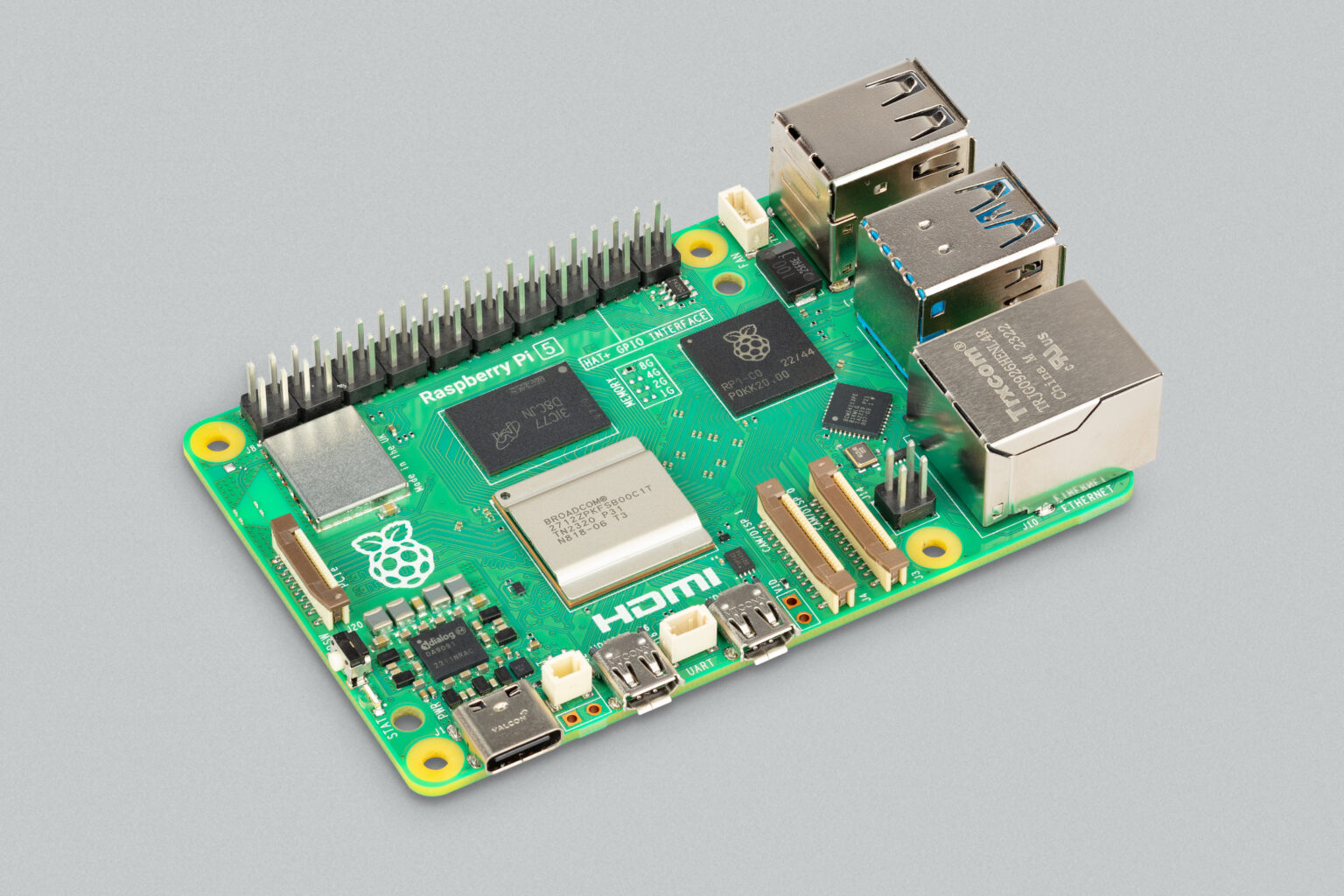 Raspberry Pi 5: New model is “2-3 times more powerful” than previous generation
Raspberry Pi 5: New model is “2-3 times more powerful” than previous generationNews The new Raspberry Pi 5 will provide a “no-compromise user experience”, the firm said
-
 Sony invests in Raspberry Pi to strengthen edge AI offering
Sony invests in Raspberry Pi to strengthen edge AI offeringNews The move follows longstanding ties between the two firms
-
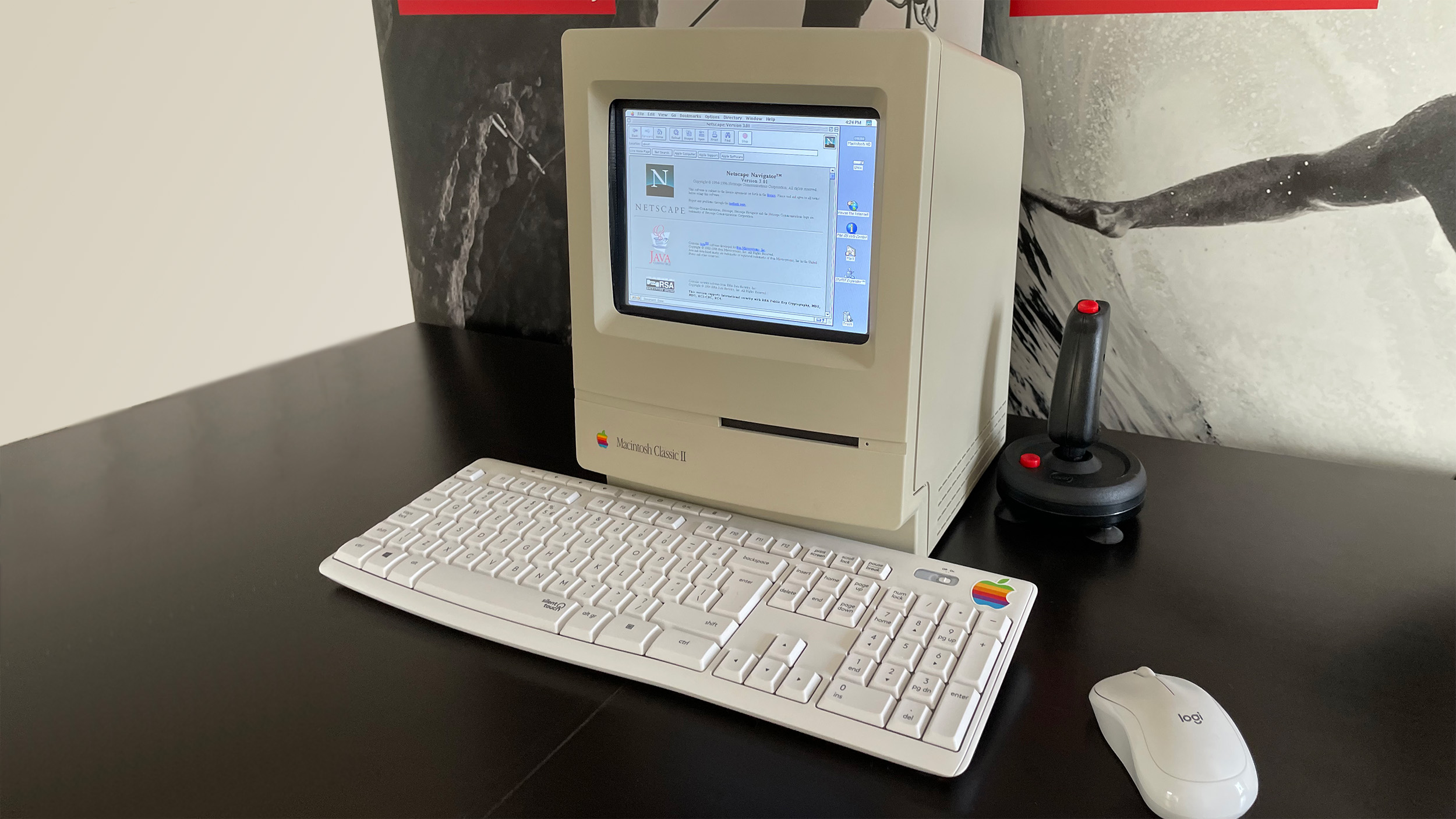 Return of the Mac
Return of the MacIn-depth Developer Jarosław Mazurkiewicz explains the creative process behind MacintoshPi and why he wanted to bring a classic Mac back to life
-
 Raspberry Pi ten years on: Breathing new life into retro machines
Raspberry Pi ten years on: Breathing new life into retro machinesIn-depth A full decade after the Raspberry Pi first hit shelves, the microcomputer is reviving older PCs and games consoles
-
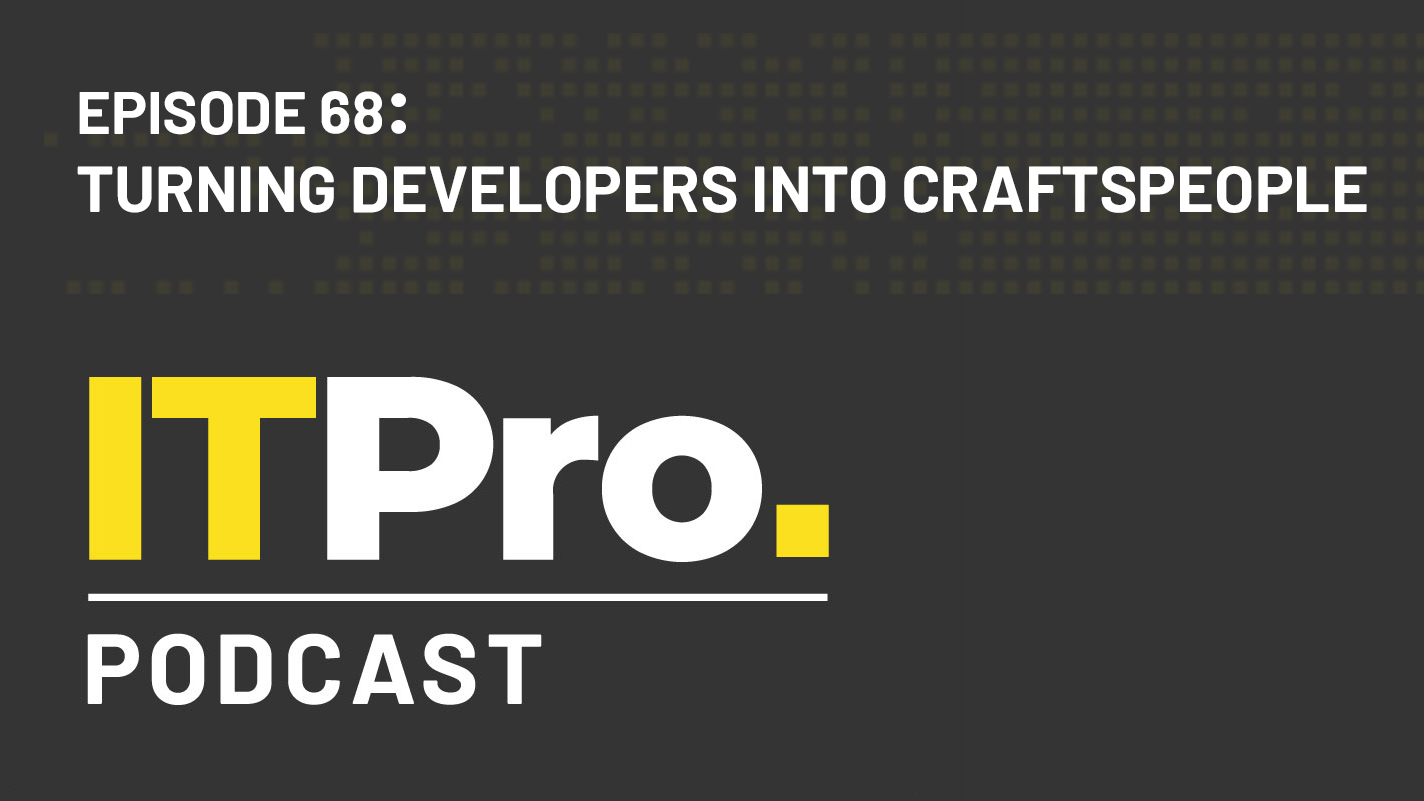 The IT Pro Podcast: Turning developers into craftspeople
The IT Pro Podcast: Turning developers into craftspeopleIT Pro Podcast Making software is about much more than pushing code, explains Raspberry Pi founder Eben Upton
-
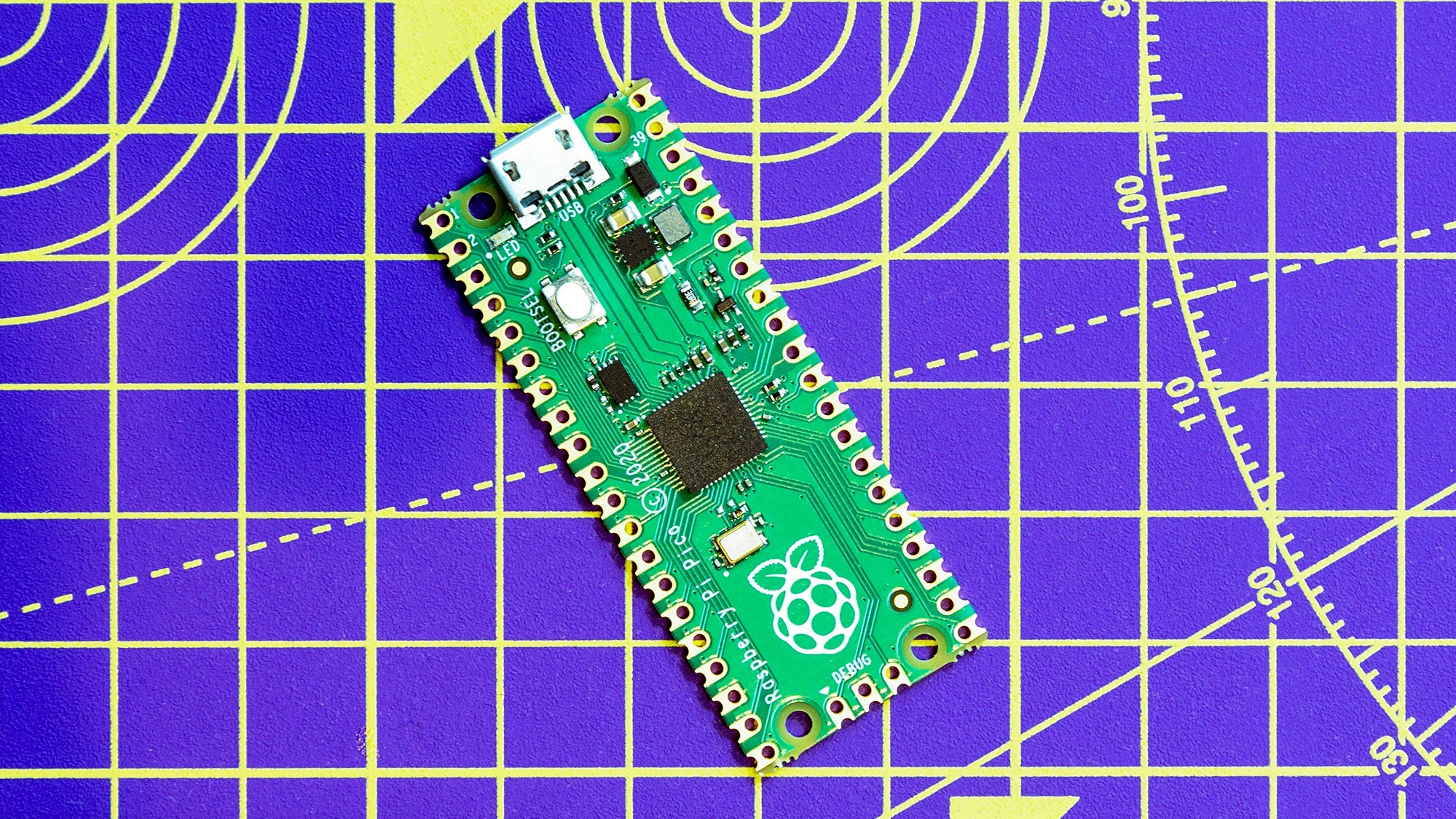 What is the Raspberry Pi Pico?
What is the Raspberry Pi Pico?In-depth Introducing the latest $4 member of the family of single-board microcomputers
-
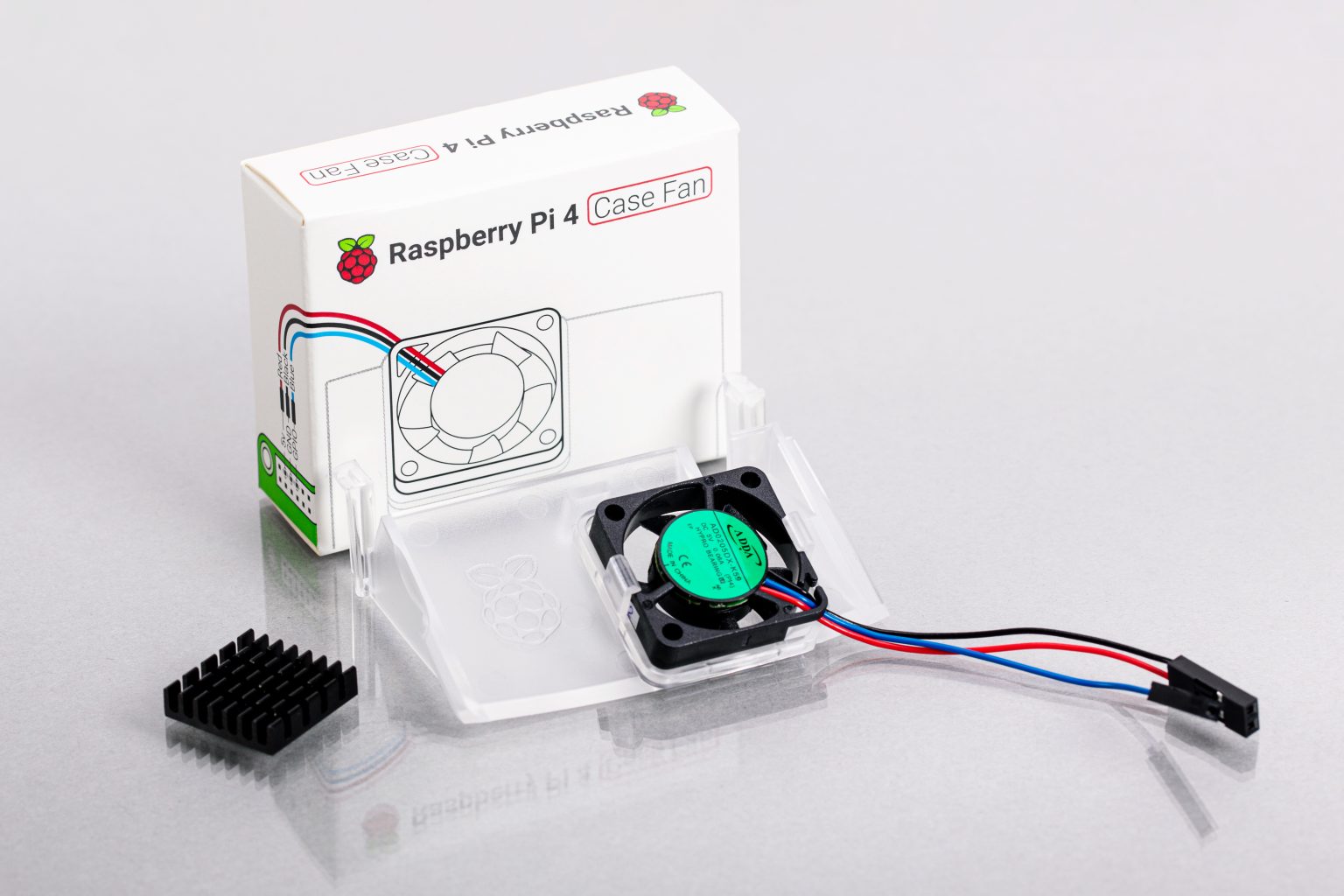 Raspberry Pi 4 gets an official case fan
Raspberry Pi 4 gets an official case fanNews The £4.50 fan will prevent the board's ARM Cortex-A72 processor from overheating


